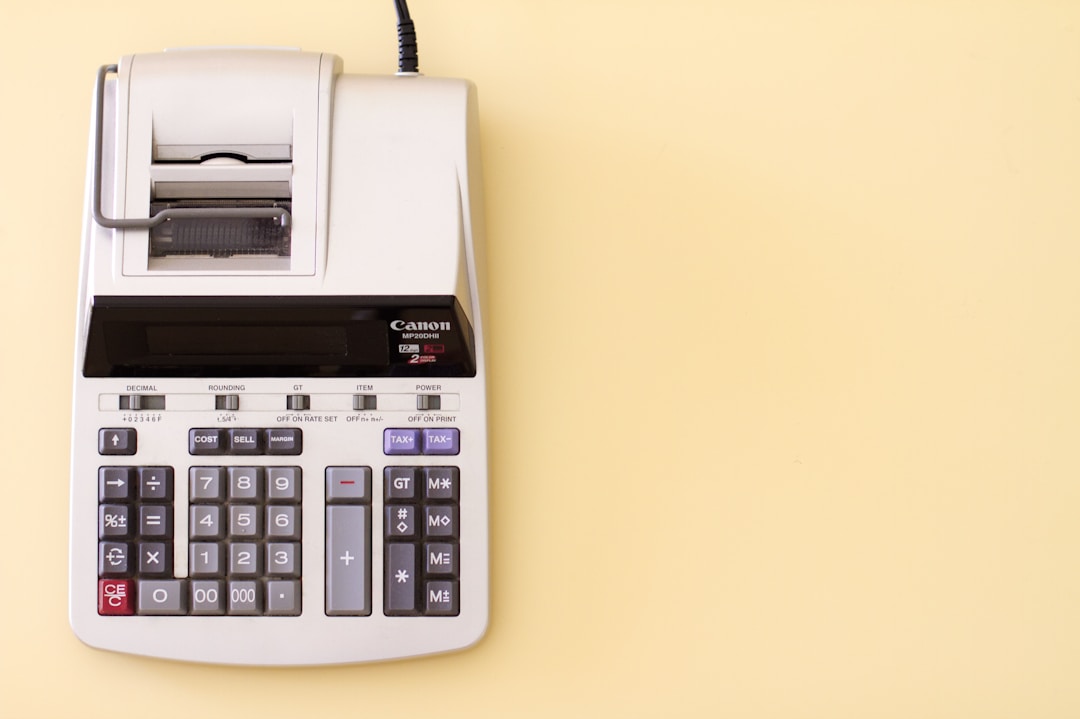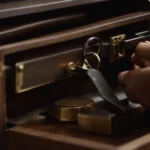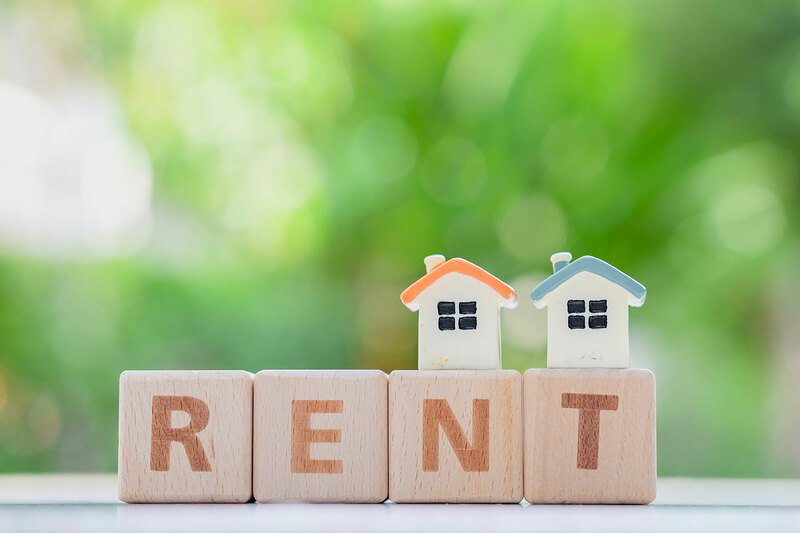Inheriting a home upon the passing of its previous owner can leave you with a slew of emotions and a mind full of questions about where to begin. Are you the sole inheritor, or are you meant to share with any siblings you have? What will become of your new property if you choose not to live there?
Suppose you don’t want to reside in your inherited property. In that case, there are other options for you to explore to ensure the house doesn’t remain vacant and deteriorate. Perhaps you could use your inheritance as a vacation home or sell it. Thinking about selling the property could inspire another idea—you may ask, “can I rent out a house I inherited?” You’ll be happy to know the answer is yes. Renting out your inherited property to others can be an excellent way to make money in real estate. Follow the tips listed below to ensure success at renting out a house you inherited.
Learn the laws associated with owning and operating rental properties.

As a landlord, you’ll have to know about all the federal and state laws and regulations regarding rental practices, tenant qualification standards, and what provisions are legal or illegal to include in a lease. For instance, adhering to the Fair Housing Act—which federally prohibits discrimination based on a person’s race, color, sex, religion, familial status, national origin, or disability—is crucial to managing a rental property. Unfair and discriminatory practices that violate this law can ultimately bring you legal and financial trouble.
Determine your potential rental expenses.

One crucial aspect of turning your inherited home into a rental property is establishing a realistic budget that covers all the expenses you may incur as a building owner and landlord. These expenses may include the mortgage, taxes, insurance, advertising, and fees and salaries for employees or subcontractors. Other costs that are equally important include utilities, repairs, and upgrades. Even if your tenants will have to pay for the utilities, continue budgeting for this item, as you’ll be responsible for the utilities when the property is vacant.
Regarding repairs and upgrades, it’s imperative to budget for minor repairs like updated paint jobs or air filter replacements, as well as more extensive repairs such as a new roof installation or a new HVAC (heating, ventilation, and air conditioning) system. Considering HVAC system repairs in your budget is essential, especially if you inherited an old home. Common HVAC problems for older homes include leaking ductwork, a malfunctioning compressor, frozen coils, frayed wiring, overloaded circuits, and outdated thermostats that cause insufficient heating and cooling. These common HVAC problems can produce expensive energy bills and poor airflow, resulting in discomfort and respiratory problems for tenants and residents. To keep your old house comfortable, safe, and in good condition for your occupants, have your heater, ventilator, air conditioner, and electrical system inspected, repaired, and replaced by skilled professionals routinely.
Make your property safe and accessible.

When having an older home and its appliances repaired, don’t forget to upgrade features like security systems, carbon monoxide alarms, and smoke detectors that are imperative to tenants’ safety and well-being. Furthermore, prioritize increasing your home’s accessibility for elderly individuals and residents with disabilities. For example, having rails and ramps installed at entryways, exits, and bathrooms can transform your rental property into an accessible, safe home with diminished hazards. Likewise, widening the walkways and hallways in your inherited place or enlisting contractors to install non-slip flooring can enhance the home’s safety levels.
Kitchen accidents like slips or falls typically occur because of spills or water leaks on the floor. For this reason, non-slip flooring is crucial, as slipping and falling are some of the most common injuries in kitchens for restaurant workers and household residents alike. For professional or home chefs, accidents with knives and other sharp objects can cause common injuries like cuts that require medical attention. Getting cut with sharp knives can cause serious injuries that even warrant a trip to the emergency room and stitches, leaving some kitchen workers unable to work again. Furthermore, grease popping in a pan on the stove can result in burn injuries. A person could even incur second or third-degree burns in the kitchen by getting too close to small or large flames that spread. While first-aid kits typically aren’t requirements of rental properties, consider providing your tenants with a first-aid kit that meets OSHA (Occupational Safety and Health Administration) guidelines and fire extinguishers to promote kitchen safety and general protection in the home.
Taking care of business by tying up legal and financial loose ends and equipping your property with upgraded fixtures, appliances, and amenities is a surefire way to guarantee your inherited home will be safe and comfortable for every tenant.











